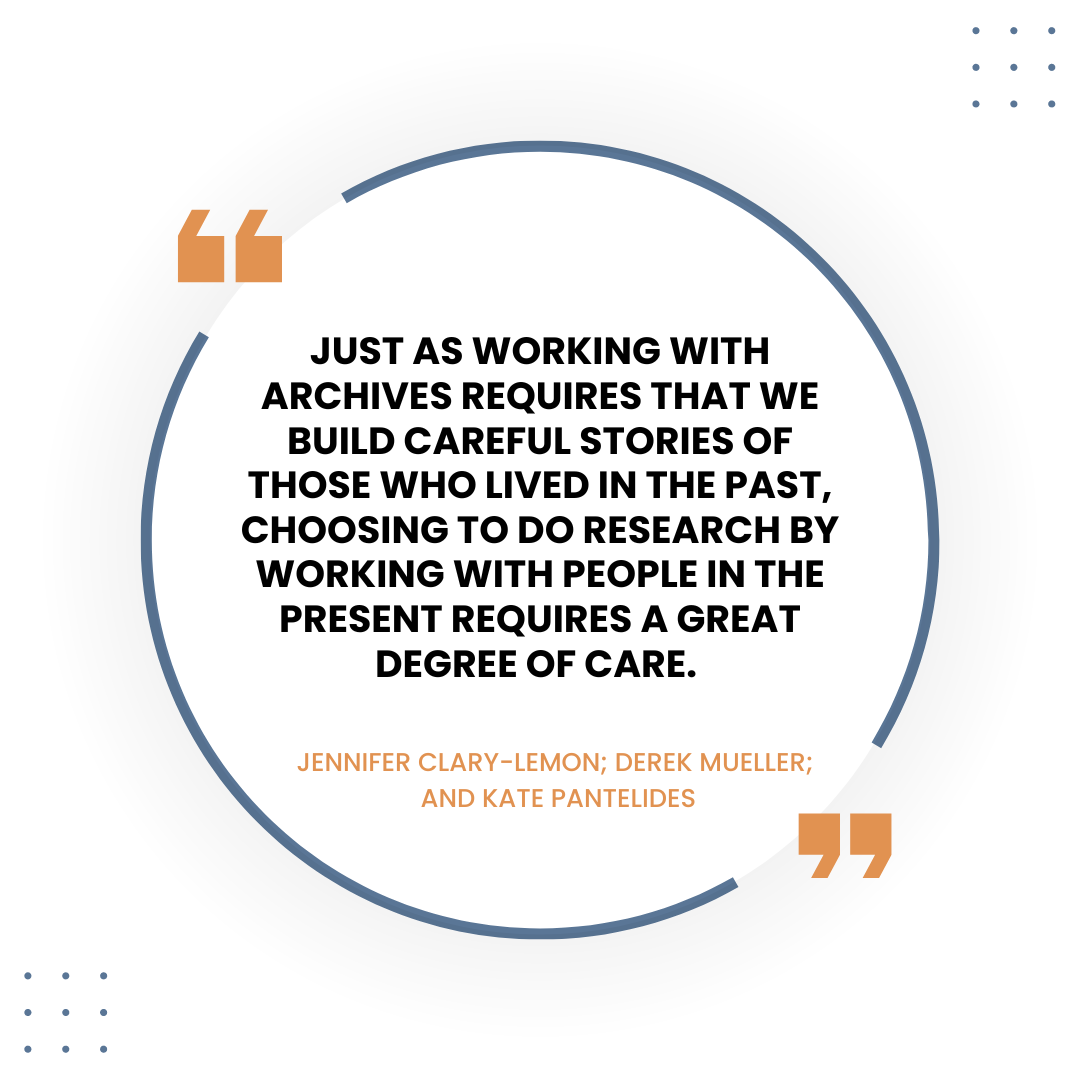Primary Research and Ethical Research Processes
Section Overview
Central to anyone’s writing life is generating and filtering knowledge. However, just because we do this every day doesn’t make it easy. In fact, one of the primary challenges of effective writing is ensuring that whatever argument we’re building or reading is based on effective evidence. That’s why a concerted focus on primary research methods and ethical research processes are central to extending the rhetorical understanding of composing you’re developing. We’re certain that you have many experiences with primary research, although you may not have recognized them as such. The chapters in this section invite you to think about how you access information and develop data for your arguments.
The first few articles provide an overview of research methods, ethical practices, and making sense of data. These articles come from two peer-reviewed, open access textbooks, Writing Spaces and Try This: Research Methods For Writers. In fact, two of the chapters are excerpts from Try This chapters. If you’d like to read the text in its entirety, it’s fully available online. Check out these overviews:
- “Introduction to Primary Research: Observations, Surveys, and Interviews” by Dana Lynn Driscoll (from Writing Spaces)
- “Using Research Methods Effectively” by Jennifer Clary-Lemon, Kate Pantelides, and Derek Mueller (from Try This, pp. 18-19)
- “Ethics and Primary Research” by Jennifer Clary-Lemon, Kate Pantelides, and Derek Mueller (from Try This, pp. 32-37)
 Once you feel confident, or at least excited, about conducting primary research, the last three chapters offer specific primary research methods attuned to different types of data and how to make sense of that data. Remember, research is often a messy process, and your work will be gathering data, making sense of it, and organizing your findings for your audience. Like writing, research is a recursive process. Consider research methods for working with people, places, and things:
Once you feel confident, or at least excited, about conducting primary research, the last three chapters offer specific primary research methods attuned to different types of data and how to make sense of that data. Remember, research is often a messy process, and your work will be gathering data, making sense of it, and organizing your findings for your audience. Like writing, research is a recursive process. Consider research methods for working with people, places, and things:

